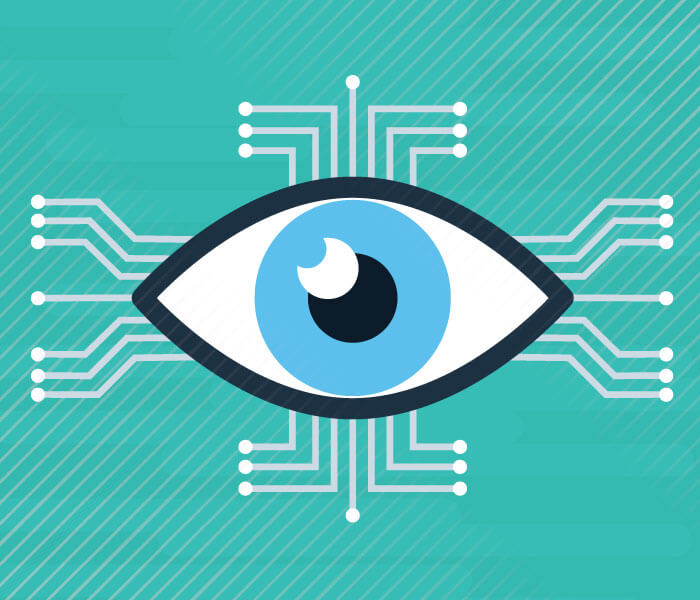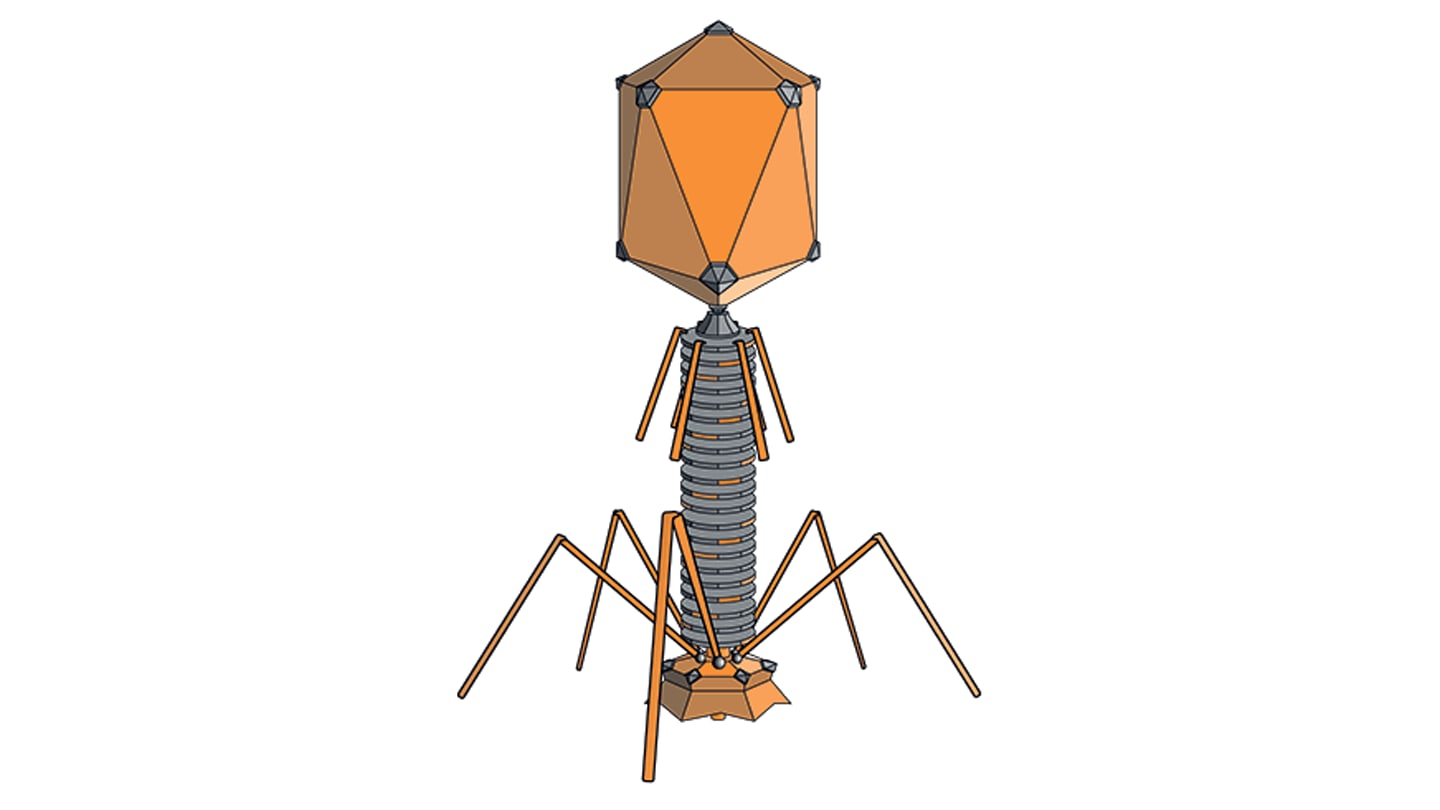Some have claimed that artificial intelligence (AI) is fast-becoming crucial for the future of pharma. The ability of AI platforms to comb through large and often complex databases using big data analytics is one that many companies are keen to take advantage of for drug discovery. BeneloventAI is one of many AI companies drawing the attention of the industry; its AI platform makes sense of biomedical data via computational and experimental technologies, and the company has become well-recognized for its partnerships with key industry players.
In one of its newest collaborations, BenovolentAI has teamed up with Action Against AMD – a research collaboration formed by four UK sight charities (Blind Veterans UK, Fight for Sight, the Macular Society and Scottish War Blinded). AMD, or age-related macular degeneration, is the leading cause of sight loss in the developed world and exists in two forms; wet and dry. While wet AMD can be treated if diagnosed early, no such treatments exist for the dry form of the condition, leaving patients with a distorted sense of vision and a loss of contrast sensitivity.

After using AI to review millions of scientific papers, clinical trials information, and additional datasets relating to AMD, the partners have identified seven existing drugs (either already in development or being used to treat other conditions) that have the potential to be repurposed to address early forms of macular degeneration.
“We have prioritized strategies and pathways which are different from the established lines of enquiry – thus avoiding anti-VEGF (a growth factor therapy) and other anti-angiogenic strategies, as well as the complement system,” explains Wen Hwa Lee, Chief Executive for Action Against AMD. “Since our efforts focus on early AMD, we looked for drugs which were well-tolerated, employed convenient delivery routes and, most importantly, affordable.”
While the partners can’t comment on the specific drugs identified, they are eager to share their progress with the community on the completion of their experimental validation work. Moving forward, Action Against AMD will be exploring future opportunities to work with BeneloventAI but is also open to partnerships with other groups. The charity group says, “To be effective for patients globally, Action Against AMD will focus on bridging scientific and strategic gaps in research ecosystems – both at a local and international levels. We want to bring together different research communities to work towards the challenge of stopping the progression of AMD for good.”




